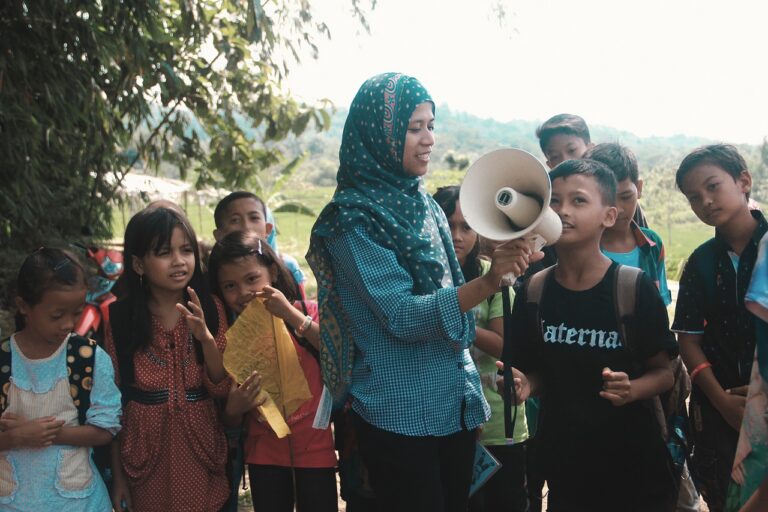Examining the Role of Community Colleges in Conflict Resolution: 99exch.com login, Laser247. Com, Yolo247 login
99exch.com login, laser247. com, yolo247 login: Community colleges play a vital role in conflict resolution within their communities. These institutions offer resources, programs, and support to help individuals navigate conflicts and find peaceful resolutions. By providing education and training in communication, mediation, and conflict management, community colleges empower individuals to address conflicts constructively and build stronger, more harmonious communities.
The Role of Community Colleges in Conflict Resolution
1. Education and Training: Community colleges offer courses and workshops focused on conflict resolution skills, such as effective communication, negotiation, and mediation. These programs provide students with the knowledge and tools they need to navigate conflicts in their personal lives, workplaces, and communities.
2. Mediation Services: Many community colleges have mediation centers where trained mediators help individuals resolve disputes peacefully and amicably. These services are often free or low-cost, making them accessible to everyone in the community.
3. Conflict Management Programs: Community colleges often offer certificate or degree programs in conflict resolution and mediation. These programs prepare students for careers in conflict resolution, whether as mediators, counselors, or human resources professionals.
4. Community Outreach: Community colleges frequently host workshops, seminars, and events focused on conflict resolution and peacebuilding. These programs bring together community members, students, and faculty to discuss and address conflicts affecting the community.
5. Peer Mediation: Some community colleges have peer mediation programs where students are trained to mediate conflicts among their peers. These programs promote a culture of peace and cooperation within the college campus.
6. Partnership with Community Organizations: Community colleges often collaborate with local organizations, such as nonprofit mediation centers or grassroots peacebuilding initiatives, to provide additional resources and support for conflict resolution efforts.
7. Research and Advocacy: Community colleges engage in research on conflict resolution strategies and best practices, contributing to the field’s knowledge base. They also advocate for policies and practices that promote peaceful conflict resolution at the local, state, and national levels.
8. Community College – A Hub for Conflict Resolution: Community colleges serve as a hub for conflict resolution efforts in their communities, bringing together students, faculty, staff, and community members to promote peace and understanding.
FAQs
1. How can community colleges help with resolving conflicts in the workplace?
Community colleges offer courses and programs in conflict resolution and mediation that can benefit employees and employers alike. By learning effective communication, negotiation, and conflict management skills, individuals can navigate workplace conflicts more effectively and build stronger relationships with their colleagues.
2. Are community college mediation services confidential?
Yes, most community college mediation services are confidential to ensure the privacy and security of all parties involved in the mediation process. Mediators are trained to uphold confidentiality and protect the interests of all participants during the resolution process.
3. Can community college conflict resolution programs be applied to personal relationships?
Yes, the skills and techniques taught in community college conflict resolution programs can be applied to personal relationships, such as family disputes, roommate conflicts, or disagreements with friends. By learning how to communicate effectively, listen actively, and find mutually beneficial solutions, individuals can improve their relationships and resolve conflicts peacefully.
In conclusion, community colleges play a crucial role in conflict resolution within their communities by offering education, training, mediation services, and advocacy. By empowering individuals with the tools and resources they need to address conflicts constructively, community colleges contribute to building a more peaceful and harmonious society.







